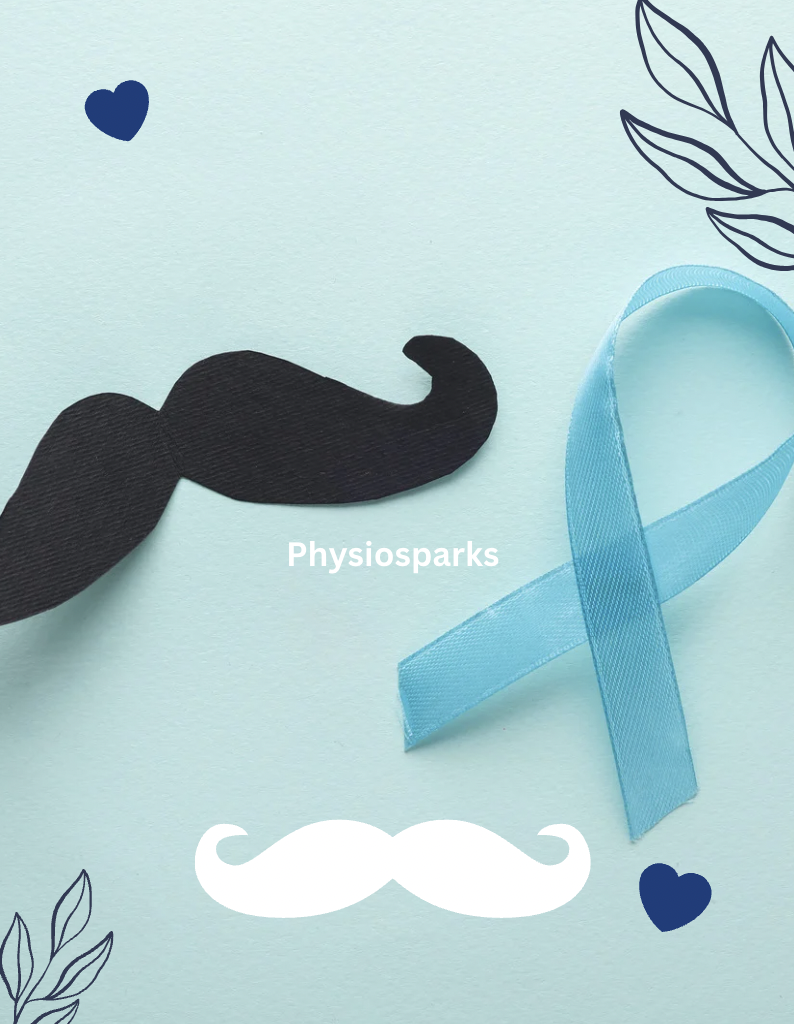Closing the Gap: Tackling Prostate Cancer

Introduction
Prostate cancer is one of the most common cancers in men worldwide, but African American men face a significantly higher risk of developing and dying from the disease compared to other racial groups. This disparity is linked not only to genetics, but also to several modifiable risk factors—factors that individuals and communities can influence to reduce risk. Understanding these factors is crucial for prevention, early detection, and better health outcomes.
Why Are African American Men at Higher Risk?
Research shows that African American men are 1.5 times more likely to develop prostate cancer and twice as likely to die from it compared to White men. While genetics may play a role, environmental and lifestyle factors contribute significantly to this disparity. The good news is that many of these factors are modifiable, meaning that addressing them can help reduce risk.
Key Modifiable Risk Factors
- Diet and Nutrition
- Diets high in processed foods, red meat, and unhealthy fats may increase prostate cancer risk. Higher consumption of red meat, which contains 2-Amino-1-methyl-6-phenylimidazo[4,5-b]pyridine (PhIP), a compound formed during high-temperature cooking, may increase cancer risk.
- Consuming more fruits, vegetables, whole grains, and healthy fats (like those in fish and nuts) may offer protection.
- Lycopene-rich foods (like tomatoes) and cruciferous vegetables (such as broccoli) have been linked to a lower risk of prostate cancer.
- Obesity and Physical Activity
- Obesity is associated with more aggressive forms of prostate cancer.
- Regular physical activity helps regulate hormone levels, reduce inflammation, and improve overall health.
- Engaging in at least 150 minutes of moderate exercise per week (like brisk walking) can significantly lower cancer risk.
- Access to Healthcare and Screening
- Early detection through PSA (Prostate-Specific Antigen) testing and medical check-ups greatly improves survival rates.
- Many African American men delay screenings due to lack of access, mistrust in the healthcare system, or financial barriers.
- Encouraging routine check-ups from age 40 or earlier (if at high risk) can help detect prostate cancer early when it is more treatable.
- Smoking and Alcohol Consumption
- Smoking has been linked to more aggressive prostate cancer and poorer survival rates.
- Reducing or quitting smoking and limiting alcohol intake can improve overall health and reduce cancer risk.
- Chronic Stress and Mental Health
- Chronic stress and high levels of cortisol (the stress hormone) may contribute to cancer progression.
- Many African American men experience higher levels of stress due to socioeconomic factors, racial discrimination, and healthcare disparities.
- Practicing stress management techniques (like mindfulness, exercise, and social support) can have positive health benefits.
What is PhIP?
2-Amino-1-methyl-6-phenylimidazo[4,5-b]pyridine (PhIP) is a compound that forms when meat is cooked at high temperatures. It is one of the most abundant heterocyclic amines (HCAs) found in cooked meats like beef, pork, chicken, and fish. PhIP can form DNA adducts, leading to mutations and potentially causing cancer.
Ways to Minimize Exposure to PhIP
To reduce the risk associated with PhIP:
- Cook at Lower Temperatures: Avoid charring meat by cooking at lower temperatures.
- Shorten Cooking Time: Reduce the duration of cooking.
- Pre-heat in Microwave: Pre-heating meat in the microwave can lower creatine levels, reducing PhIP formation.
- Marinate Meat: Marinating meat before cooking can help reduce HCA formation.
Taking Action: What Can Be Done?
- For Individuals: Adopt healthier eating habits, exercise regularly, quit smoking, manage stress, and schedule routine screenings.
- For Communities: Raise awareness, provide culturally relevant health education, and improve access to healthcare services.
- For Healthcare Providers: Address racial biases in healthcare, ensure equitable screening, and educate patients on modifiable risk factors.
Conclusion
While prostate cancer disparities in African American men remain a serious public health concern, focusing on modifiable risk factors can empower individuals and communities to take proactive steps in reducing risk. Lifestyle changes, early screenings, and better access to healthcare can help close the gap and improve health outcomes for future generations.
By raising awareness and promoting preventive measures, we can work towards health equity and better outcomes for African American men facing prostate cancer.
Source:
Johnson, J. R., Mavingire, N., Woods-Burnham, L., Walker, M., Lewis, D., Hooker, S. E., … & Kittles, R. A. (2024). The complex interplay of modifiable risk factors affecting prostate cancer disparities in African American men. Nature Reviews Urology, 1-11.


you are in reality a good webmaster The website loading velocity is amazing It sort of feels that youre doing any distinctive trick Also The contents are masterwork you have done a fantastic job in this topic
You mean so much to us. Thanks a lot for your profound support!
Your blog is a true hidden gem on the internet. Your thoughtful analysis and engaging writing style set you apart from the crowd. Keep up the excellent work!
You mean so much to us. Thanks a lot for your profound support!
Your writing has a way of resonating with me on a deep level. I appreciate the honesty and authenticity you bring to every post. Thank you for sharing your journey with us.
You mean so much to us. Thanks a lot for your profound support!